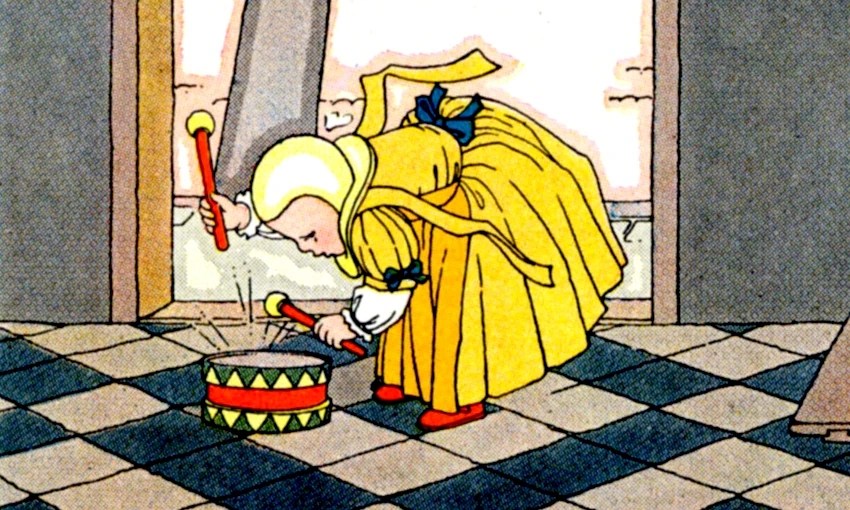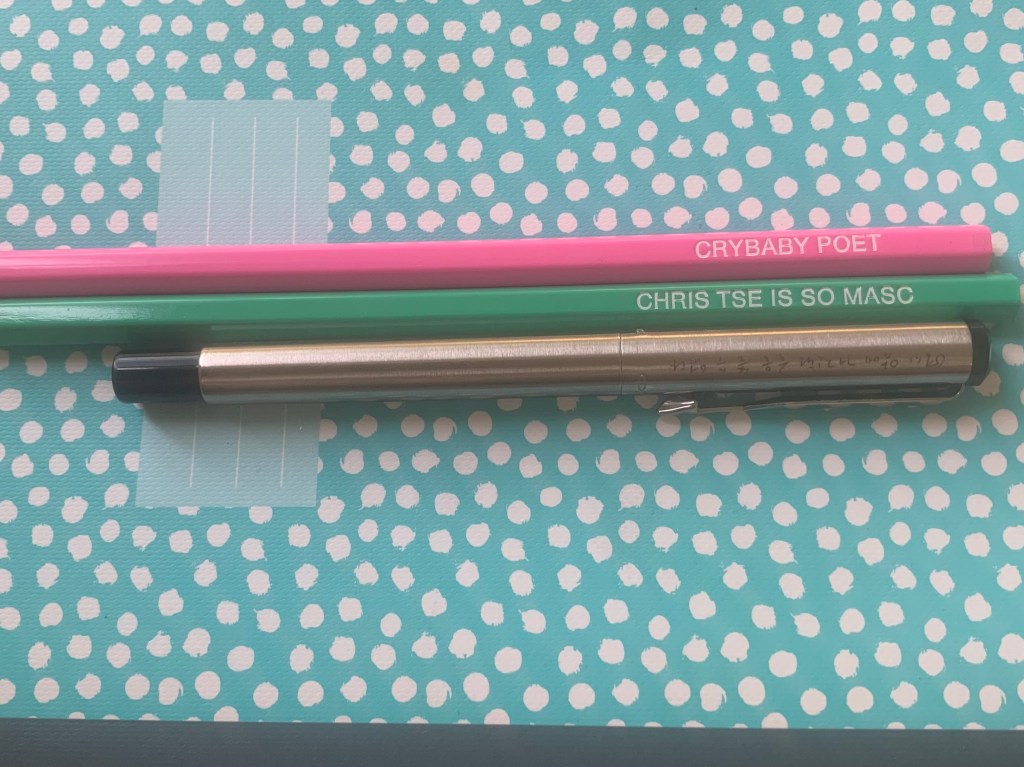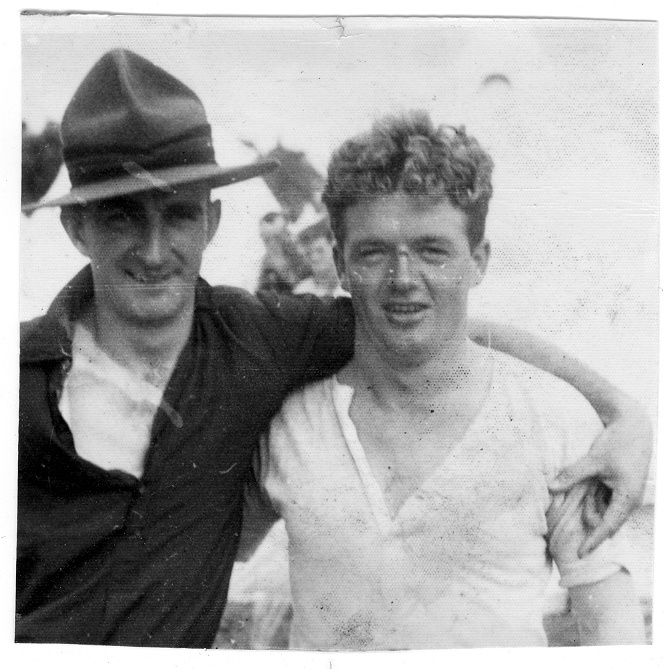So said a woman in Nelson at a talk
by Gregory O’Brien, or so he tells us
At his talk at Featherston Booktown
Almost slept, the words fill the air
in the Anzac Hall. All those military
men gazing down in disapproval
There must be millions of us, who
‘almost’ slept with someone and
that doesn’t even include fucking
I recall a US sailor off an Icebreaker
at my flat in Hataitai… we slept
together but we didn’t, you know
I was saving myself at the time
stocking my glory box with Irish
linen and pearl handled cutlery
So, I’m distracted, as Grego describes
two bold birds mating, the print his
parents gave him for his 8th birthday
two birds (God knows what sort of birds)
mating but it took Greg several years
to know this fact… Steve Braunias in
an altogether different session in
the Kiwi Hall tell us you need at least 70
facts in a piece of non-fiction
(I see writers scribbling this gem or
committing it to memory)
Almost slept could well be a fact but
could be easily misunderstood
I’m still thinking about it
The whole idea that this woman and I’ve
no idea how old she was when she said
this, wanted us to know
I almost slept with Don Binney
Greg is eloquent, passionate, he’s a man
to whom the letter P applies, a poet and
a painter, inspired by Binney’s mating birds
But it’s the woman who almost slept with
Binney, who holds us, riveted, her voice
unheard, fills the Anzac Hall







